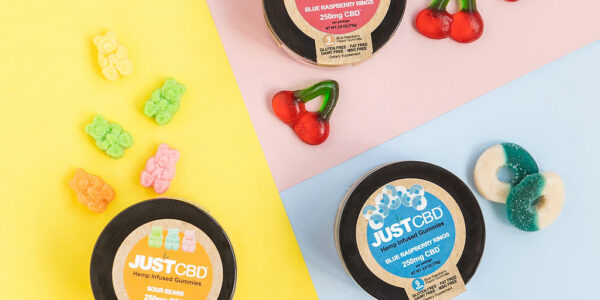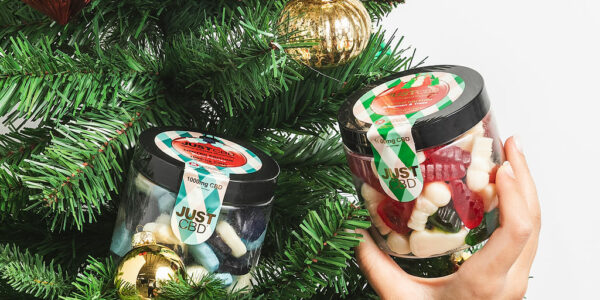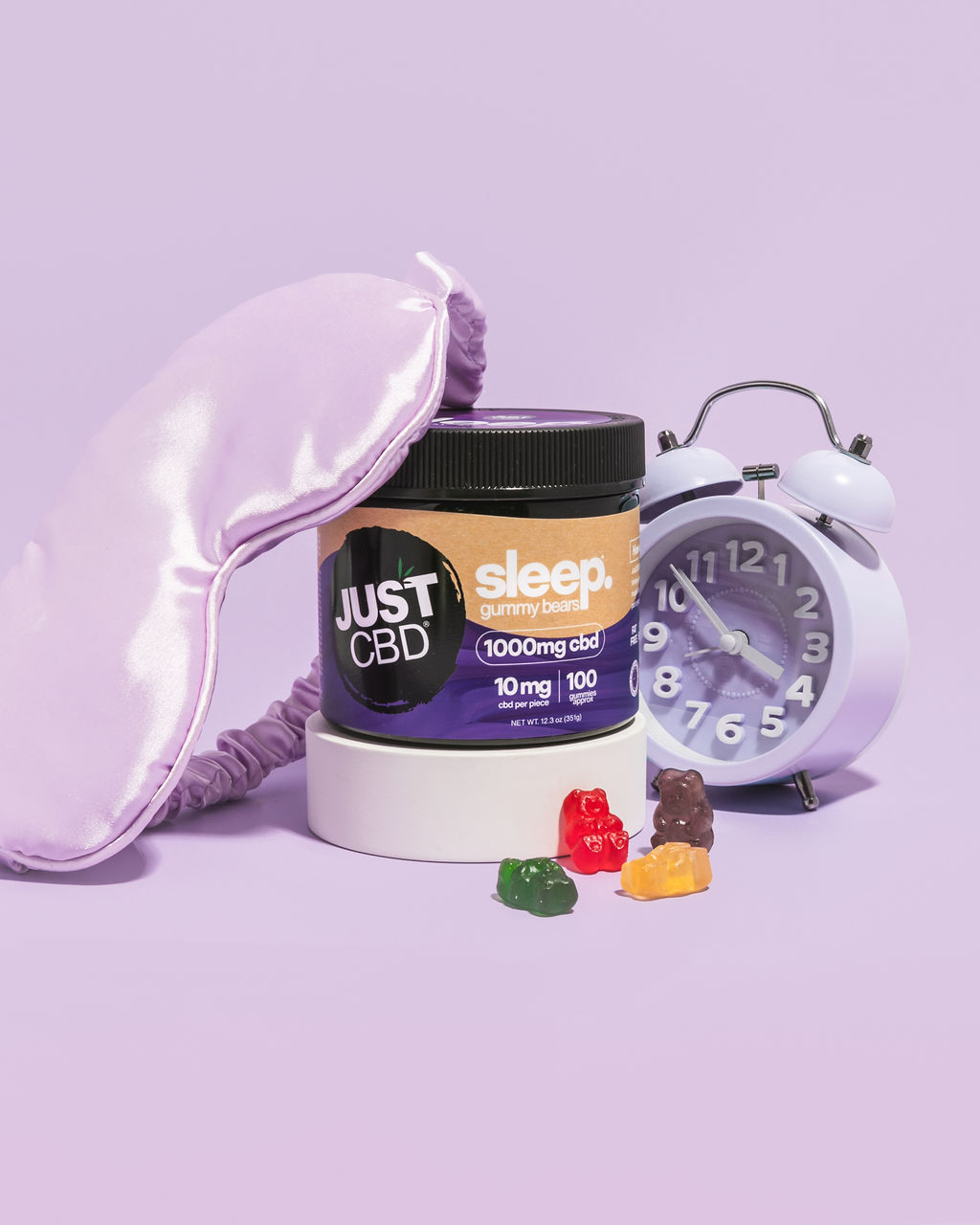
CBD oil tinctures have rapidly gained popularity in the health and wellness community due to their wide-ranging potential benefits. As more people seek natural alternatives to manage various health conditions, CBD oil tinctures have emerged as a versatile option, offering potential relief from pain, anxiety, inflammation, and sleep issues. In this article, we’ll explore the benefits of CBD oil tinctures, how they work, and why they are an excellent choice for individuals looking to enhance their overall wellness.
What is CBD Oil Tincture?
CBD oil tincture is a concentrated liquid extract of cannabidiol (CBD), one of the primary compounds found in the cannabis plant. Unlike THC (tetrahydrocannabinol), which is the psychoactive compound in cannabis, CBD does not produce any “high.” CBD oil tinctures are made by infusing the CBD extract into a carrier liquid, such as alcohol or a fatty oil like MCT (medium-chain triglyceride) oil. This method ensures that CBD is easily absorbed into the bloodstream, offering quick and effective relief.
CBD tinctures are typically consumed sublingually (under the tongue), which allows for faster absorption and more direct effects. They are available in various concentrations, making it easier for users to find the right dose for their needs.
Health Benefits of CBD Oil Tinctures
Pain Management and Inflammation Relief
One of the most well-known benefits of CBD oil tinctures is their potential to relieve pain and reduce inflammation. CBD has been shown to interact with the body’s endocannabinoid system (ECS), which plays a crucial role in regulating pain, immune response, and inflammation. By influencing the ECS, CBD may help modulate pain signals and reduce the perception of pain.
Several studies suggest that CBD may be effective in treating chronic pain conditions such as arthritis, fibromyalgia, and multiple sclerosis. It has also been used by individuals with acute pain from injuries, surgeries, or conditions like migraines. The anti-inflammatory properties of CBD may contribute to its pain-relieving effects, making it a popular choice for people seeking natural alternatives to traditional pain medications.
Anxiety and Stress Relief
CBD oil tinctures have gained attention for their calming and anxiolytic (anxiety-reducing) effects. CBD is thought to help regulate serotonin levels in the brain, which is a neurotransmitter that plays a key role in mood and emotional well-being. Low serotonin levels are often linked to anxiety and depression, so by modulating serotonin receptors, CBD may help promote a sense of calm and relaxation.
Many people use CBD tinctures to manage symptoms of anxiety, whether it’s social anxiety, general anxiety disorder (GAD), or anxiety related to specific situations such as public speaking or traveling. Clinical research has shown that CBD may help reduce anxiety levels in individuals by promoting relaxation and improving sleep patterns.
Sleep Improvement
CBD oil tinctures are also commonly used as a natural remedy for sleep disorders. The calming effects of CBD can help individuals with insomnia or other sleep disturbances fall asleep faster and experience a more restful night’s sleep. By reducing anxiety and stress, CBD tinctures may make it easier to relax and unwind before bedtime.
CBD may also help regulate the sleep-wake cycle, known as circadian rhythms, which is essential for maintaining good sleep quality. Several studies have suggested that CBD may help improve sleep in people with conditions such as chronic pain, PTSD, and anxiety, which often interfere with sleep.
Neuroprotective Properties
Recent studies have indicated that CBD may have neuroprotective properties, which could make it beneficial for individuals with neurological conditions. CBD’s ability to reduce inflammation and oxidative stress in the brain may help protect against neurodegenerative diseases like Alzheimer’s disease, Parkinson’s disease, and multiple sclerosis.
While research in this area is still in its early stages, there is promising evidence that CBD may help preserve brain health and protect against cognitive decline. Some studies have also suggested that CBD may help improve cognitive function and memory in individuals with neurological conditions.
Skin Health and Acne Relief
CBD oil tinctures are also being explored for their potential benefits in skincare. CBD’s anti-inflammatory and antioxidant properties make it a promising ingredient in managing skin conditions such as acne, eczema, and psoriasis. CBD may help reduce the production of sebum, the oily substance that can contribute to acne breakouts. Its anti-inflammatory effects may also help calm irritated or inflamed skin.
Additionally, CBD’s antioxidant properties can help protect the skin from oxidative stress caused by free radicals, which are linked to premature aging and skin damage. CBD-infused skincare products are becoming more common, with tinctures offering a way to support skin health from the inside out.
Supporting Heart Health
CBD oil tinctures may have a positive impact on cardiovascular health as well. Some research has shown that CBD may help lower blood pressure and reduce the risk of heart disease. This is due to CBD’s ability to reduce stress and promote relaxation, which in turn helps to lower blood pressure. Additionally, CBD may have anti-inflammatory properties that can help prevent the buildup of plaque in the arteries, reducing the risk of heart attacks and strokes.
While more research is needed in this area, early studies indicate that CBD could play a role in supporting heart health by reducing the factors that contribute to cardiovascular disease.
Supporting Healthy Digestion
CBD oil tinctures may also help support a healthy digestive system. CBD has been shown to interact with the gastrointestinal system, influencing gut motility and reducing symptoms of gastrointestinal disorders. It may help alleviate symptoms of irritable bowel syndrome (IBS), inflammatory bowel disease (IBD), and other digestive issues.
CBD’s anti-inflammatory and pain-relieving properties may help reduce gut inflammation, while its ability to reduce anxiety may also prevent stress-related digestive issues. Additionally, CBD’s potential to regulate the endocannabinoid system may help maintain overall gut health.
How to Use CBD Oil Tinctures
CBD oil tinctures are incredibly easy to use. Here’s how you can incorporate them into your wellness routine:
- Sublingually: The most common method is to place a few drops under your tongue and hold it there for 30 seconds to one minute before swallowing. This allows the CBD to be absorbed directly into the bloodstream through the mucous membranes in the mouth for quicker effects.
- Mixed with Food or Beverages: If you don’t like the taste of the tincture, you can mix it into your favorite food or drink, such as smoothies, coffee, or salad dressings. However, this method may delay the effects slightly, as the CBD must pass through the digestive system first.
- Topically: Though not as common, you can also apply CBD tincture directly to the skin, especially for localized pain or skin conditions. However, topical application may not offer the same full-body benefits as sublingual consumption.
Conclusion
CBD oil tinctures offer a wealth of potential benefits for overall health and wellness. Whether you’re seeking pain relief, stress reduction, better sleep, or enhanced skin health, CBD may provide a natural, non-psychoactive alternative to traditional medications. However, as with any supplement, it’s important to consult with a healthcare provider to determine the appropriate dosage and ensure that CBD is safe for your specific health needs.
If you’re like me and looking to relax and wind down, the CBD Oil Tinctures from JustCBD UK are definitely worth checking out. I’ve tried both their Coconut CBD Oil Tincture and the Full Spectrum CBD Oil, and here’s my personal take on both of them.
Coconut CBD Oil Tincture
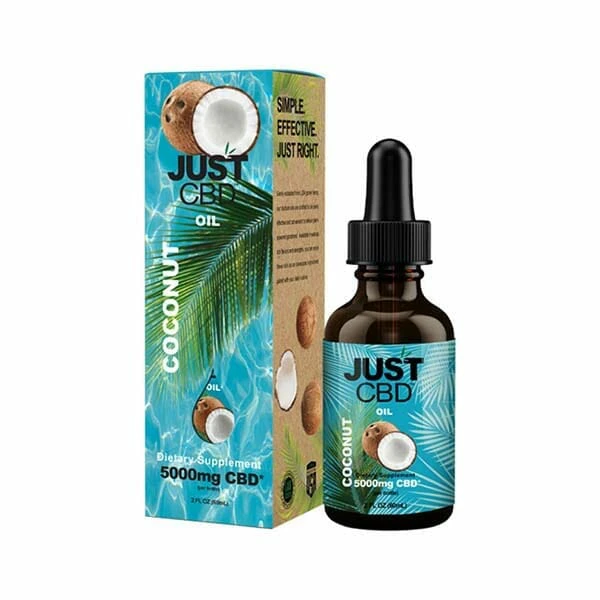
You can grab it here: Coconut CBD Oil Tincture.
First, let’s talk about the Coconut CBD Oil Tincture. From the get-go, I loved how smooth and easy this tincture was to incorporate into my routine. The coconut flavor is subtle but nice — it’s not too overpowering, which is something I really appreciated. I’ve tried other oils where the flavor can be a bit too earthy or strong, but the coconut flavor here is really refreshing.
In terms of effects, I felt a nice sense of calm after taking a few drops under my tongue, especially after a long day. It’s a gentle, relaxing feeling that didn’t knock me out, but definitely helped me unwind. It took about 20 minutes for me to really start noticing the effects, and I found that it lasted for a few hours, which was great.
What I liked:
- Subtle, pleasant coconut flavor
- Gave me a calm, relaxed feeling without being overpowering
- Easy to use and integrate into my routine
What I didn’t like:
- It could be a little stronger for those who need something more potent for anxiety or muscle relief. But for light relaxation, it works great.
Full Spectrum CBD Oil
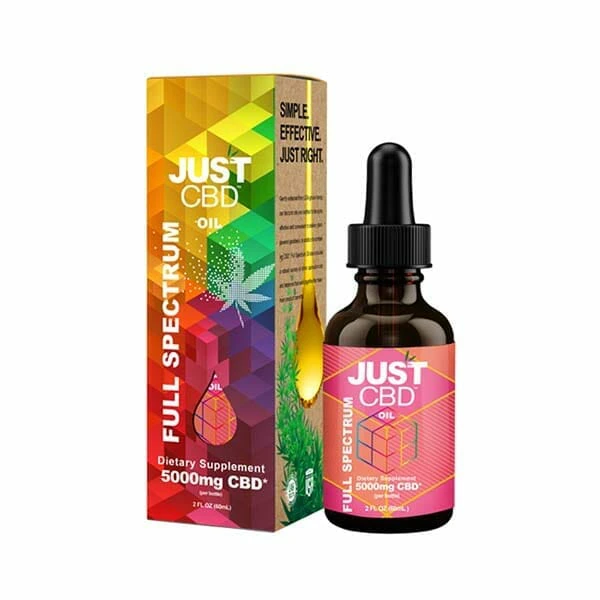
You can buy it here: Full Spectrum CBD Oil.
Next, I tried the Full Spectrum CBD Oil. This one is a bit more potent and packed with a wider array of cannabinoids. The flavor is a little more earthy, but still not as intense as some other full-spectrum oils I’ve tried. I think it’s definitely a solid choice if you’re looking for something with a more full-bodied effect. This oil worked wonders for stress and muscle tension, and it seemed to offer a deeper, more lasting sense of relaxation compared to the coconut oil tincture.
What I liked:
- Stronger, more noticeable effects, especially for stress and muscle relief
- Full spectrum of cannabinoids provides a more well-rounded effect
- Felt like it really helped me unwind and de-stress
What I didn’t like:
- The taste is a bit earthier, so it might not be for everyone, especially if you’re new to CBD.
- It’s a bit stronger than the coconut oil, so I wouldn’t use it right before bed if you’re sensitive to energy levels.
Comparison
Comparing the two, if you’re a beginner or prefer a light, relaxing effect with a smooth flavor, the Coconut CBD Oil Tincture is your go-to. It’s gentle and perfect for unwinding without the heavy feeling that comes with stronger CBD products. But, if you’re someone who needs a little more relief from stress or muscle aches, or you’ve been using CBD for a while, the Full Spectrum CBD Oil is probably a better choice. It has a stronger effect and provides a more full-bodied experience, though the flavor can be a bit of an acquired taste.
What are the benefits of using CBD oil tinctures?
CBD oil tinctures offer a wide range of health benefits, such as promoting relaxation, reducing anxiety, improving sleep, and alleviating pain. They can also help with managing stress, boosting mood, and supporting overall well-being. Since CBD interacts with the body’s endocannabinoid system, it may contribute to balance and relief from various conditions.
How do I use CBD oil tinctures?
To use CBD oil tinctures, simply place a few drops under your tongue, hold for 30-60 seconds, then swallow. This allows the CBD to be absorbed directly into your bloodstream, offering quicker and more effective results. You can also add it to food or drinks, though it may take longer to feel the effects.
Are CBD oil tinctures safe to use?
Yes, CBD oil tinctures are generally considered safe for most people. However, it’s always a good idea to start with a lower dose and gradually increase it to gauge how your body responds. As with any supplement, it’s best to consult with a healthcare professional, especially if you’re pregnant, nursing, or taking other medications.
How long does it take to feel the effects of CBD oil tinctures?
The effects of CBD oil tinctures can typically be felt within 15 to 45 minutes when taken sublingually (under the tongue). The onset time may vary depending on the individual and the dosage, but most people experience noticeable effects within an hour.
Can I take CBD oil tinctures with other medications?
CBD can interact with certain medications, especially those that are metabolized by the liver. If you’re on any medications, it’s best to consult with your healthcare provider before adding CBD oil tinctures to your routine to avoid any potential interactions.
What is the difference between full-spectrum CBD oil and broad-spectrum CBD oil?
Full-spectrum CBD oil contains a wide range of cannabinoids, including trace amounts of THC (usually less than 0.3%), terpenes, and other compounds found in the cannabis plant. Broad-spectrum CBD oil, on the other hand, contains multiple cannabinoids but has the THC removed, making it a good option for those who want to avoid THC.
How much CBD oil should I take?
The appropriate dosage of CBD oil varies depending on factors like body weight, the condition you’re addressing, and your tolerance. It’s best to start with a small dose (like 10-20 mg per day) and gradually increase it until you find the right amount for your needs. Always follow the instructions provided with your product.
Can CBD oil tinctures help with sleep?
Yes, many people use CBD oil tinctures to improve sleep. CBD has calming properties that may help reduce anxiety and promote relaxation, making it easier to fall asleep and stay asleep. If you struggle with sleep, try taking a dose of CBD oil about 30 minutes before bedtime to see how it works for you.
Are there any side effects of using CBD oil tinctures?
CBD is generally well-tolerated, but some users may experience mild side effects, such as dry mouth, dizziness, fatigue, or changes in appetite. These side effects are usually temporary and subside as your body gets used to the CBD. If you experience any severe side effects, stop using the product and consult your healthcare provider.
Can I use CBD oil tinctures during the day?
Absolutely! CBD oil tinctures can be used during the day to help with anxiety, stress, and focus. Because the effects are calming but not sedating (unless you take a larger dose), it can be a great option for enhancing mood and productivity throughout the day without feeling groggy.
- Mississippi’s Leading THC Beverage Brands - June 5, 2025
- Virginia’s THC Infused Beverage Hotspots - May 30, 2025
- Explore THC Infused Seltzers in Hawaii - May 28, 2025





